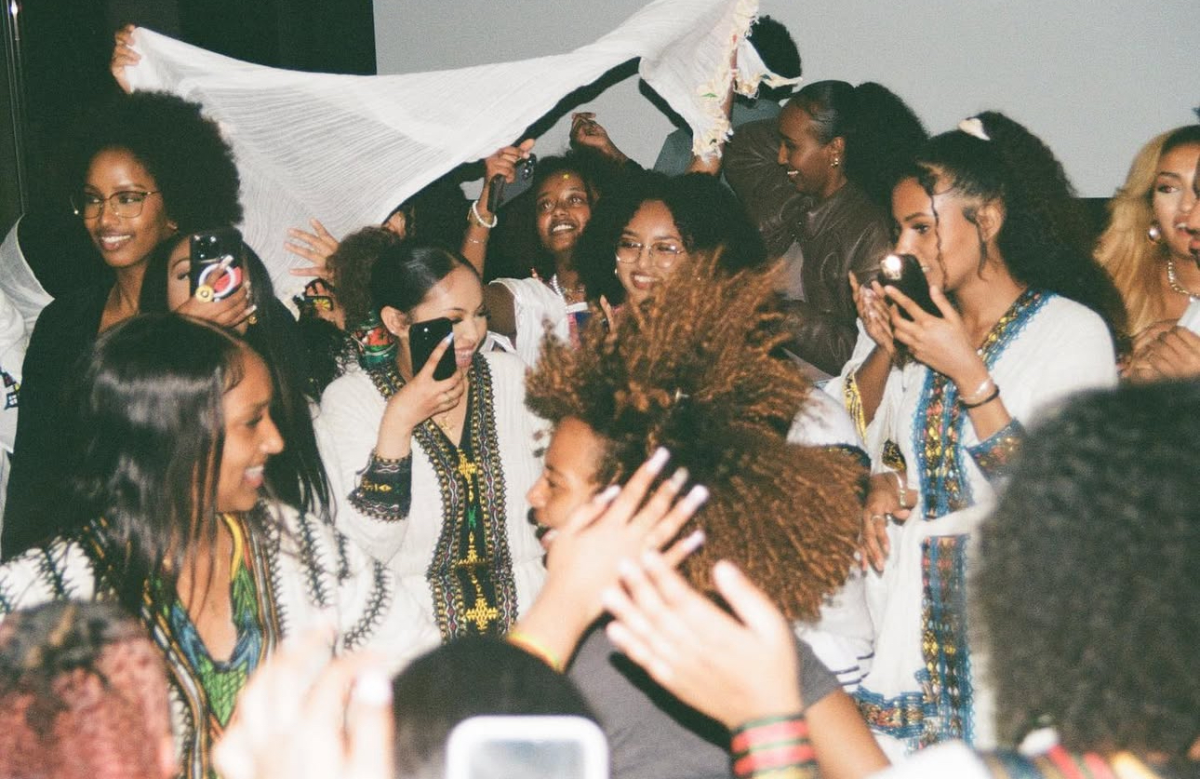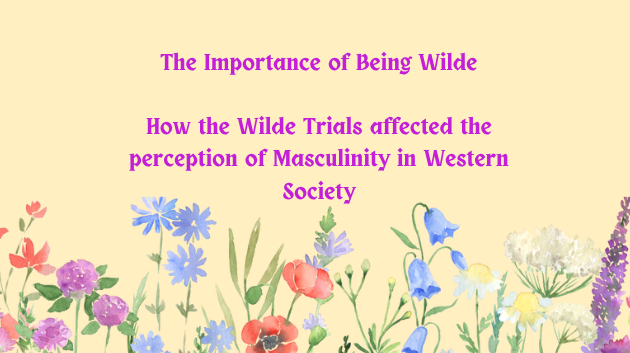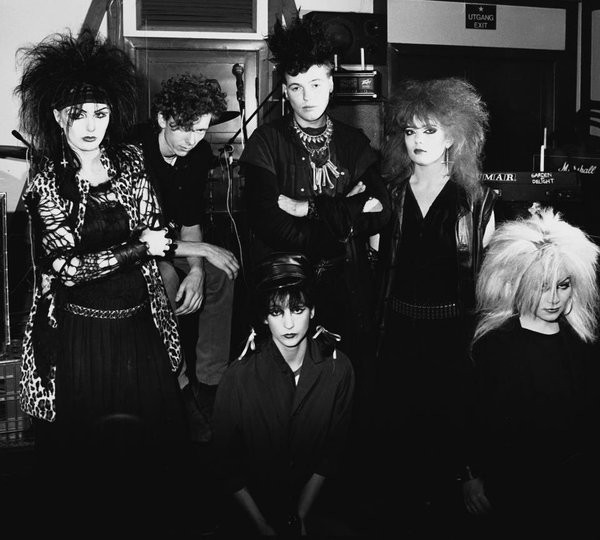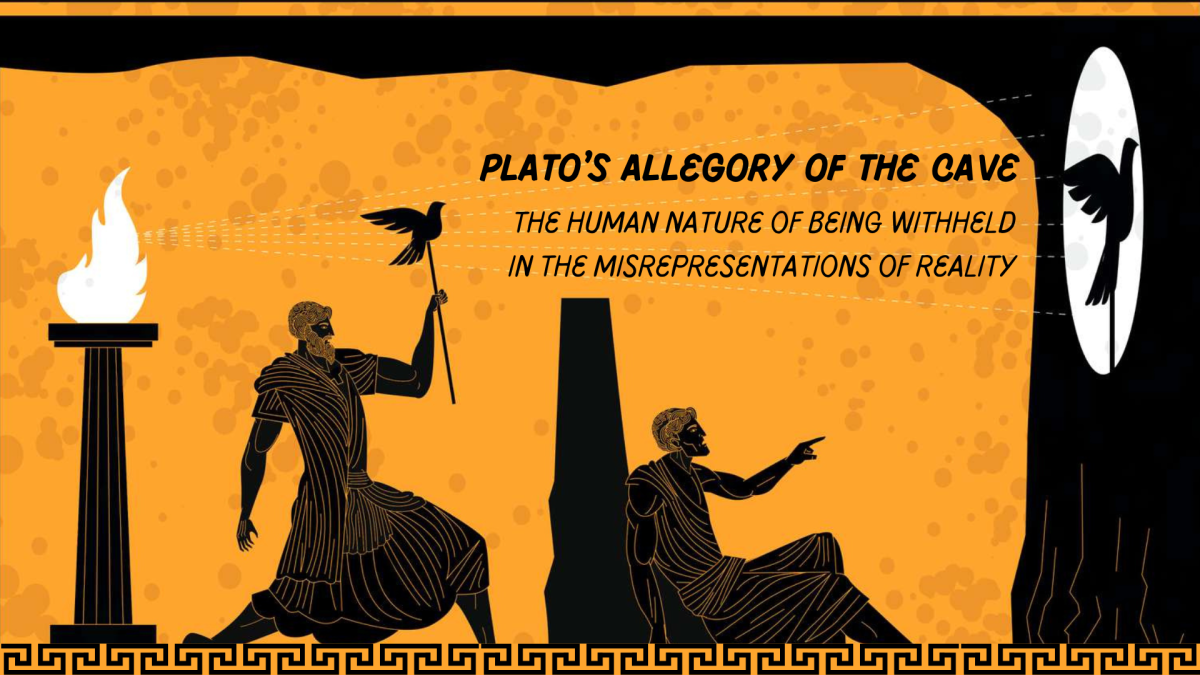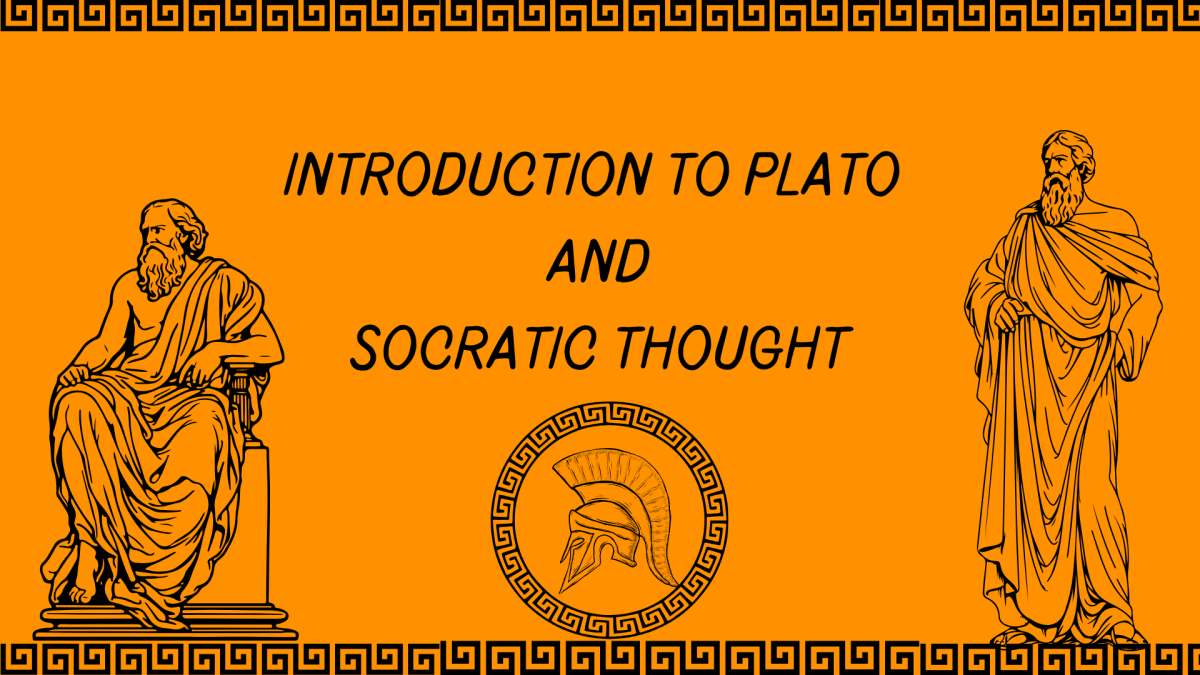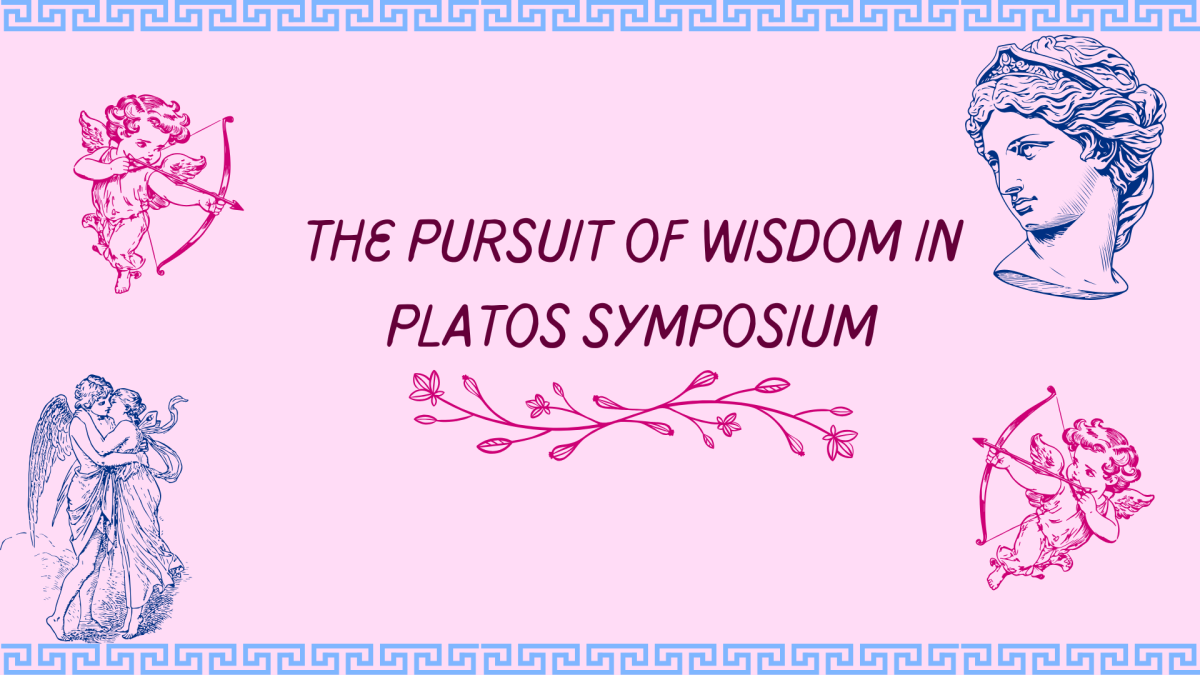Let’s get real, just slapping a woman’s name on a book is not enough for it to be considered a feminist read. A true feminist read should explore what it means to be a woman from a specific time and place. In the new wave of Greek mythology reimaginings, there’s a noticeable trend in marketing of presenting these women’s stories as profound discoveries, which is peculiar given that these stories have been told for millennia. This trend raises the question of whether modern values are overshadowing historical accuracy in these retellings and causing erasure of the average woman in ancient Greece.

Natalie Haynes, who wrote “A Thousand Ships,” said in an interview for Once Upon a Bookcase, “I wanted to tell the women’s stories because they have been almost entirely overlooked; these characters are in the shadows waiting to be found.” My issue with this framing is that these women’s stories have been told numerous times before. It is almost slanderous to imply that classics like “The Iliad” and “The Odyssey” or plays from that era are only centered around men when numerous Greek stories speak of strong women.
By looking through the pages of her book “A Thousand Ships,” I can already see countless parallels: Penelope, whose story is told in Homer’s epic poem called “The Odyssey,” Iphigenia who is the center of two plays called “Iphigenia in Aulis” and “Iphigenia in Tauris,” and Clytemnestra who is a featured character in many plays such as “Electra,” Iphigenia in Aulis,” and “Aeschylus’s Oresteia.”

What I believe Haynes is trying to say is that these women are not portrayed well enough; however, I disagree. In “The Odyssey,” Queen Penelope is Odysseus’s wife. During the years that Odysseus is absent fighting in war and attempting to return home, their palace becomes overrun by suitors wanting the power of the absent king. Penelope does not want to get remarried, but she cannot turn these suitors away due to Greek values. Penelope appears passive but, in reality, is disguising her ulterior motives. She parallels her husband’s journey as they are both being shoved around by circumstances they cannot control, and they both use cleverness to gain power. Penelope tricks the suitors by saying she will marry one of them when she finishes weaving a funeral shroud, but every night, she unweaves it.
She’s eventually caught and shamed for this, similar to the countless times Odysseus’ clever plans backfire on him. I mention this to demonstrate that Penelope is as complex as her clever husband.

Sometimes, in these books, authors use these female characters as mouthpieces to convey thoughts of the modern world. In the book “The Silencing of the Girls” by Pat Barker, the narrator, Briseis, was captured and enslaved by the Greek hero Achilles. Briseis gives us vivid detail of the brutal horrors and dehumanization enslaved women suffered as she re-tells us sections of “The Iliad.” Barker’s goal with this book was to restore the voices of these women who were not considered important enough to appear in the epic poem. While reading “The Silencing of the Girls,” I felt that the narrator, Briseis, was out of place in her own story, making it very hard to sympathize with her.
There are numerous times in “The Silencing of the Girls” where I felt the author’s own opinion showed more than what a woman from those tragic times would have felt. Briseis would make very erudite observations every time she was faced with injustice. “Here I was […] still trapped, still stuck inside his story.” I don’t believe the omniscient narration translates well to tell the story of Briseis; it’s ironic in a way that doesn’t do justice to her tragic life but only to those around her.
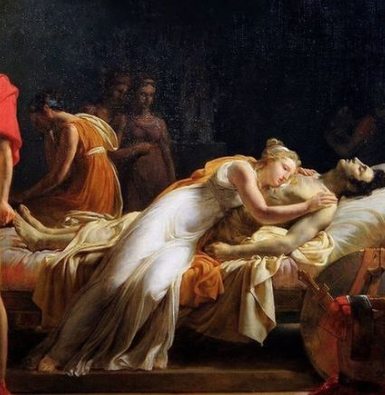
The stories these authors claim to uncover are very well-known which overshadows countless lost voices, but when authors attempt to bring those voices to light, how much of what they say is their own personal agenda? While I understand the want to transform these female characters to be marketable, straying too far from the principles of the past is damaging to the truth of what these everyday women suffered. Their genuine feelings about their lives are not being accurately portrayed because publishers prefer to appeal to today’s modern values and opinions, which is difficult when we are speaking of a world so alien to us.



